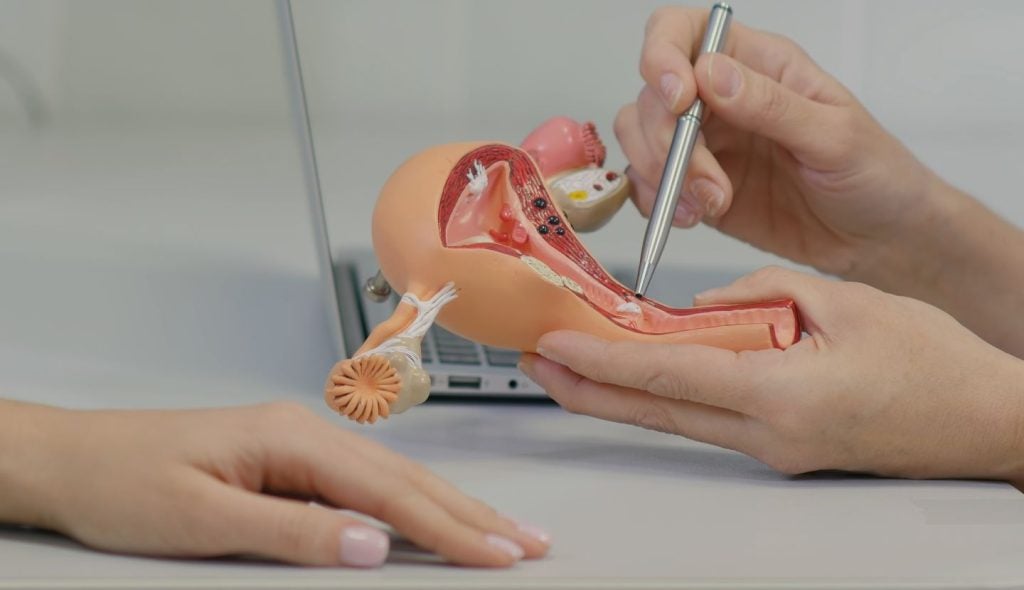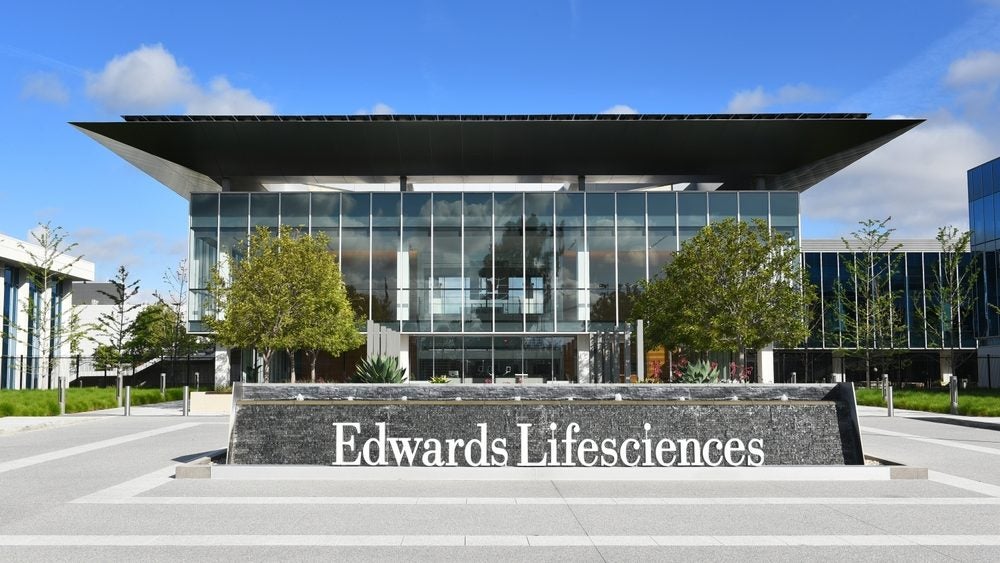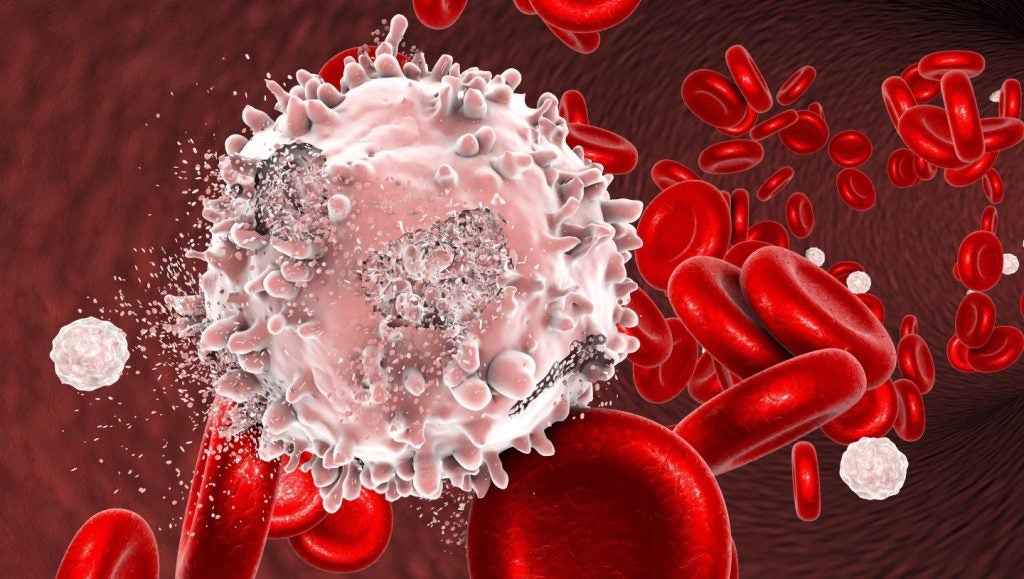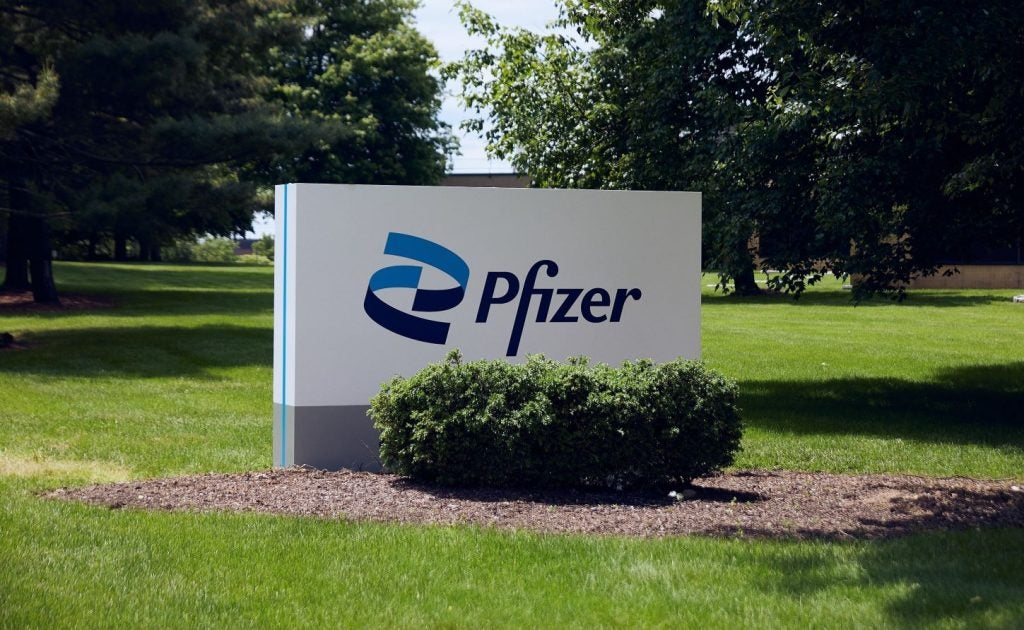89bio has initiated its Phase III trial ENLIGHTEN-Fibrosis evaluating pegozafermin in patients with non-cirrhotic metabolic dysfunction-associated steatohepatitis (MASH) patients with advanced forms of fibrosis.
The trial is one of two studies in the US biopharma’s Phase III ENLIGHTEN programme testing the efficacy and safety of the recombinant protein.
ENLIGHTEN-Fibrosis is slated to enrol around 1,000 non-cirrhotic MASH patients with fibrosis stage F2-F3. The randomised, double-blind, placebo-controlled trial will patients split into three groups, receiving either 30mg of pegozafermin administered weekly, 44mg administered every two weeks, or placebo.
The trial's co-primary endpoints are one-point or greater improvement in fibrosis with no worsening of MASH and MASH resolution with no worsening of fibrosis. Both endpoints will be measured a year after drug administration, though patients are expected to continue with the treatment beyond this checkpoint.
89bio said results from the study will be used for regulatory filings in the US and Europe. The company added it is pursuing accelerated approval and conditional approval in the two regions respectively. Results from the study post the 52-week assessment will be used to support full approval.
The other Phase III trial, called ENLIGHTEN-Cirrhosis, will evaluate the drug in MASH patients with stage F4 fibrosis. 89bio’s chief medical officer Hank Mansbach said the second trial is expected to start in Q2 2024.
Pegozafermin, an engineered glycoPEGylated analogue of fibroblast growth factor 21 (FGF21), received breakthrough therapy designation from the US Food and Drug Administration (FDA) in September 2023. The drug works by exerting anti-fibrotic and anti-inflammatory effects on the liver. It is also being trialled in treating severe hypertriglyceridemia by 89bio in the Phase III ENTRUST trial.
Formerly known as non-alcoholic steatohepatitis (NASH), MASH can develop in patients with metabolic dysfunction-associated steatotic liver disease (MASLD). The accumulation of fat in the liver leads to inflammation that can cause liver damage over time.
There are still no FDA-approved therapies for MASH, but the race for the first marketed drug could be nearing its conclusion.
Madrigal Pharmaceuticals is a hot contender, with its candidate set for an FDA target action date of 14 March. Shares in the company have already started to climb ahead of the decision that could give the first marketing approval to the US biopharma.
There have already been several failed attempts by key pharma players, including AstraZeneca, Gilead Sciences, and Intercept Pharmaceuticals, to bring a treatment to market.
Boehringer has made no secret of its development drive into the disease after it spent $2bn on a multi-year collaboration with Suzhou Ribo Life Science and Ribocure Pharmaceuticals (Ribo) earlier this year. The partnership will focus on small interfering RNA (siRNA)-based treatments.
Lead investigator of 89bio’s ENLIGHTEN programme Rohit Loomba said: “There is a critical need for a therapeutic option that improves liver health and provides anti-fibrotic benefits for MASH patients with fibrosis.”















